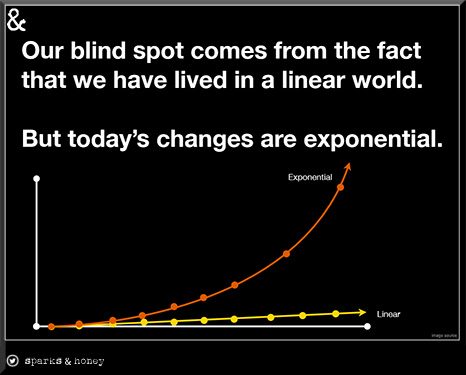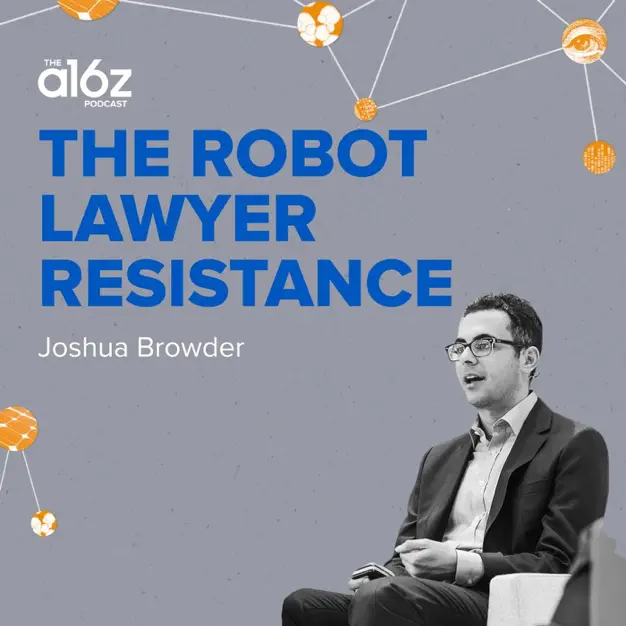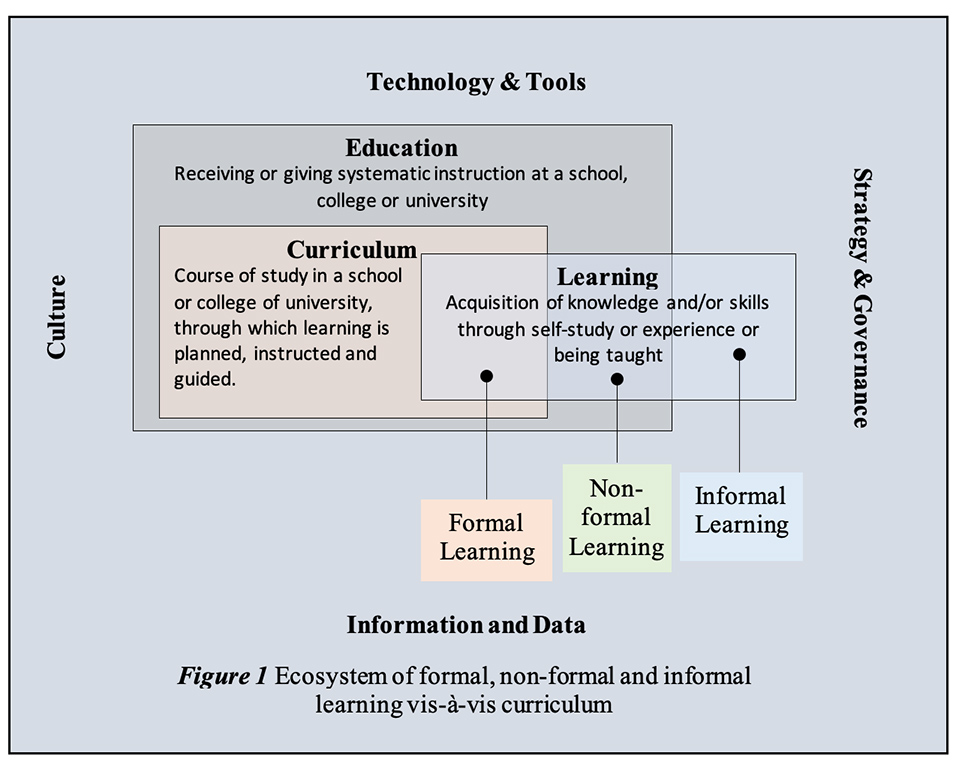Also see:
VR & robotics could be the future of medical training — from vrscout.com by Kyle Melnick
FundamentalVR is partnering with Haply Robotics to provide more realistic VR surgical simulations.

Also relevant/see:
How can we teach and assess with ChatGPT? — from timeshighereducation.com by Soumyadeb Chowdhury and Samuel Fosso Wamba
A guide to designing teaching and assessments that encourage students to learn with and about ChatGPT
Excerpts:
- Design activities that require reflection:
- Link essay-type assignments to novel case studies:
- Ask for more in essay assessments:
- Discuss openly the importance of human skills in their future careers:
Also relevant/see:
- ChatGPT can generate, but can it create? — from ecampusnews.com Dr. Lee Ann Dickerson; with thanks to Ray Schroeder for posting this resource on LinkedIn
The AI chatbot is taking many of us in education by surprise and startling more of us to attention
Also relevant/see:
Some thoughts on AI, education and intellectual milieus.
— Henrik Karlsson (@phokarlsson) March 22, 2023
Also relevant/see:
AI in the Classroom, Teachers as Learners, Denver-bound, and more — from ed3.beehiiv.com by Scott Meyer
The most exciting ideas in education, hand-picked for you
A Spotify model of personalised higher education — from timeshighereducation.com by Michael Rosemann and Martin Betts
With technology offering greater potential for a personalised approach to higher education, Michael Rosemann and Martin Betts look at what universities can learn from the ubiquitous music platform Spotify
Excerpts (emphasis DSC):
Selection, or the P(upil)-route as educationalist Dan Buckley calls it, means personalisation driven by the learner. This is the fastest-moving form of personalised learning. Not only do students benefit from true omnichannel education – choosing between face to face and online – they also independently navigate the internet’s resources and online databases in search of the knowledge that will help them to achieve their learning targets.
…
Automation, or the A-route, is the new enabler of personalised learning. As with personalised medicine, finance or entertainment, education is starting to use digital technologies to unlock new models of tailored engagement. While for most universities, AI-driven, personalised education is not an option as the required capabilities are missing and significant investments would be necessary, there is a range of alternative forms of automated personalised learning. For this, we look to providers outside the sector for inspiration.
Here are Spotify-inspired ideas that universities ambitious enough to provide personalised learning could explore.
From DSC:
Rosemann & Betts use the term “omnichannel education” — I like that term. Very nice.
Legal Prompt Engineering – Examples and Tips — from law.mit.edu by Dazza Greenwood and Damien Riehl
Walk through and discussion of Legal Prompt Engineering examples, showing ways to compose inputs to generative AI systems like ChatGPT and Claude to get improved outputs for law and legal processes
GPT4 demo’s last 5 mins should be a must watch for legal / tax folks!
Spoiler Alert: snippet of US tax code is used + a fictional set of facts, and GPT asked to determine the appropriate tax calculation + reasoning, which it seemingly does correctly.https://t.co/rthFsTCUic
— lawtomated (@lawtomated) March 14, 2023
PwC announces strategic alliance with Harvey, positioning PwC’s Legal Business Solutions at the forefront of legal generative AI — from pwc.com
Excerpt:
LONDON, 15 March 2023 – Today, PwC announced a global partnership with artificial intelligence (AI) startup Harvey, providing PwC’s Legal Business Solutions professionals exclusive access (among the Big 4) to the game-changing AI platform.
Harvey, which is backed by the OpenAI Startup Fund, is built on OpenAi and Chat GPT technology. It is a platform that uses natural language processing, machine learning and data analytics to automate and enhance various aspects of legal work. Harvey will help generate insights and recommendations based on large volumes of data, delivering richer information that will enable PwC professionals to identify solutions faster. All outputs will be overseen and reviewed by PwC professionals.
The strategic alliance builds on PwC’s ability to bring human-led and tech-enabled solutions to clients, delivering on its global strategy, The New Equation.
The Robot Lawyer Resistance — from a16z Podcast by Andreessen Horowitz
Description of podcast:
Should AI belong in the courtroom? Joshua Browder ventured to run an experiment where a robot lawyer would defend a court case. Looking to up the ante, he even offered $1m for a Supreme Court hearing! His experiment was met with a threat of 6 months jail time. Listen in for the full story.
Also somewhat related, see:
What’s New in Legal Technology? ABA TECHSHOW 2023 — from attorneyatwork.com by Joan Feldman
ABA TECHSHOW has been the place to learn what’s new in legal technology for more than 35 years. Last week in Chicago, we scoped out the ABA TECHSHOW 2023 exposition hall. Here are a few of the highlights.
ChatGPT as a teaching tool, not a cheating tool — from timeshighereducation.com by Jennifer Rose
How to use ChatGPT as a tool to spur students’ inner feedback and thus aid their learning and skills development
Excerpt:
Use ChatGPT to spur student’s inner feedback
One way that ChatGPT answers can be used in class is by asking students to compare what they have written with a ChatGPT answer. This draws on David Nicol’s work on making inner feedback explicit and using comparative judgement. His work demonstrates that in writing down answers to comparative questions students can produce high-quality feedback for themselves which is instant and actionable. Applying this to a ChatGPT answer, the following questions could be used:
- Which is better, the ChatGPT response or yours? Why?
- What two points can you learn from the ChatGPT response that will help you improve your work?
- What can you add from your answer to improve the ChatGPT answer?
- How could the assignment question set be improved to allow the student to demonstrate higher-order skills such as critical thinking?
- How can you use what you have learned to stay ahead of AI and produce higher-quality work than ChatGPT?
These 20 jobs are the most “exposed” to AI, ChatGPT, researchers say — from cbsnews-com.cdn.ampproject.org
Excerpt:
New research examining the effects of language modeling AI like ChatGPT on different occupations and industries finds that certain jobs, like telemarketers and teachers, are more “exposed” to the technology than others, such as psychologists and counselors.
Also relevant/see:
Must read: the 100 most cited AI papers in 2022 — from zeta-alpha.com by Sergi Castella i Sapé; with titles, citation counts, and affiliations.
How will Language Modelers like ChatGPT Affect Occupations and Industries? — from papers.ssrn.com by Edward W. Felten, Manav Raj, and Robert Seamans
‘ChatGPT Already Outperforms a lot of Junior Lawyers’: An Interview With Richard Susskind — from law.com by Laura Beveridge
For the last 20 years, the U.K. author and academic has been predicting that technology will revolutionise the legal industry. With the buzz around generative AI, will his hypothesis now be proven true?
Excerpts:
For this generation of lawyers, their mission and legacy ought to be to build the systems that replace our old ways of working, he said. Moreover, Susskind identified new work for lawyers, such as legal process analyst or legal data scientist, emerging from technological advancement.
“These are the people who will be building the systems that will be solving people’s legal problems in the future.
“The question I ask is: imagine when the underpinning large language model is GPT 8.5.”
Blue J Legal co-founder Benjamin Alarie on how AI is powering a new generation of legal tech — from canadianlawyermag.com by Tim Wilbur
Excerpts:
We founded Blue J with the idea that we should be able to bring absolute clarity to the law everywhere and on demand. The name that we give to this idea is the legal singularity. I have a book with assistant professor Abdi Aidid called The Legal Singularity coming out soon on this idea.
The book paints the picture of where we think the law will go in the next several decades. Our intuition was not widely shared when we started the book and Blue J.
Since last November, though, many lawyers and journalists have been able to play with ChatGPT and other large language models. They suddenly understand what we have been excited about for the last eight years.
Neat Trick/Tip to Add To Your Bag! — from iltanet.org by Brian Balistreri
Excerpt:
If you need instant transcription of a Audio File, Word Online now allows you to upload a file, and it will transcribe, mark speaker changes, and provide time marks. You can use video files, just make sure they are small or office will kick you out.
Generative AI Is Coming For the Lawyers — from wired.com by Chris Stoken-Walker
Large law firms are using a tool made by OpenAI to research and write legal documents. What could go wrong?
Excerpts:
The rise of AI and its potential to disrupt the legal industry has been forecast multiple times before. But the rise of the latest wave of generative AI tools, with ChatGPT at its forefront, has those within the industry more convinced than ever.
“I think it is the beginning of a paradigm shift,” says Wakeling. “I think this technology is very suitable for the legal industry.”
…
The technology, which uses large datasets to learn to generate pictures or text that appear natural, could be a good fit for the legal industry, which relies heavily on standardized documents and precedents.
“Legal applications such as contract, conveyancing, or license generation are actually a relatively safe area in which to employ ChatGPT and its cousins,” says Lilian Edwards, professor of law, innovation, and society at Newcastle University. “Automated legal document generation has been a growth area for decades, even in rule-based tech days, because law firms can draw on large amounts of highly standardized templates and precedent banks to scaffold document generation, making the results far more predictable than with most free text outputs.”
But the problems with current generations of generative AI have already started to show.
Blogs are back baby — from blog.edtechie.net by Martin Weller
Excerpt:
The conclusion I take from all this (which I carefully assembled so I could draw the conclusion I want), is that there is a desire to have a core place on the net, that is not subject to the whims of billionaires, institutions or markets, where you can engage in a range of dialogue, from personal to professional, and that you enjoy revisiting. Ladies and gentleman, I give you, the blog.
From DSC:
I hope you’re right Martin!!! I still really appreciate blogs, as readers of this Learning Ecosystems blog might have guessed.
ChatGPT sets record for fastest-growing user base – analyst note — from reuters.com by Krystal Hu
Excerpt (emphasis DSC):
Feb 1 (Reuters) – ChatGPT, the popular chatbot from OpenAI, is estimated to have reached 100 million monthly active users in January, just two months after launch, making it the fastest-growing consumer application in history, according to a UBS study on Wednesday.
The report, citing data from analytics firm Similarweb, said an average of about 13 million unique visitors had used ChatGPT per day in January, more than double the levels of December.
“In 20 years following the internet space, we cannot recall a faster ramp in a consumer internet app,” UBS analysts wrote in the note.
From DSC:
This reminds me of the current exponential pace of change that we are experiencing…

..and how we struggle with that kind of pace.

Canary in the coal mine for coding bootcamps? — from theview.substack.com by gordonmacrae; with thanks to Mr. Ryan Craig for this resource
Excerpt:
If you run a software development bootcamp, a recent Burning Glass institute report should keep you awake at night.
The report, titled How Skills Are Disrupting Work, looks at a decade of labor market analysis and identifies how digital skill training and credentials have responded to new jobs.
Three trends stuck out to me:
- The most future-proof skills aren’t technical
- Demand for software development is in decline
- One in eight postings feature just four skill sets
These three trends should sound a warning for software development bootcamps, in particular. Let’s see why, and how you can prepare to face the coming challenges.
Also relevant/see:
Issue #14: Trends in Bootcamps — from theview.substack.com by gordonmacrae
Excerpt:
Further consolidation of smaller providers seems likely to continue in 2023. A number of VC-backed providers will run out of money.
A lot of bootcamps will be available cheaply for any larger providers, or management companies. Growth will continue to be an option in the Middle East, as funding doesn’t look like drying up any time soon. And look for the larger bootcamps to expand into hire-train-deploy, apprenticeships or licensing.
As Alberto pointed out this week, it’s hard for bootcamps to sustain the growth trajectory VC’s expect. But there are other options available.
Revolutionising Criminal Law with AI — from seotraininglondon.org by Danny Richman
This case study outlines how I helped a law firm use Artificial Intelligence (AI) to streamline new client enquiries, resulting in significant savings of time and money.
Excerpt:
However, this process took up a lot of time and resources, meaning that highly qualified, well-paid individuals had to dedicate their time and energy to processing email enquiries instead of working on client cases.
That’s why I developed an app for Stuart Miller built on OpenAI’s GPT-3 technology. This app receives the content of the client’s email and makes the same determination as the human team of lawyers. It then immediately alerts the relevant lawyer to any enquiries flagged as high-priority, high-value cases. The entire process is automated requiring no human interaction.
From DSC:
Hmmm…something to keep on the radar.
Also relevant/see:
Here’s Why Lawyers Are Paying Attention to ChatGPT — from legallydisrupted.com by Zach Abramowitz
AI Will Continue to Be a Talking Point Throughout the Year
Excerpts:
Ready to get disrupted? Me neither, but let’s take the plunge.
ChatGPT is all anyone in legal wants to talk about right now, and for good reason.
…
Smash cut to yesterday, and this webinar focusing on ChatGPT is sold out and the sheer number of questions from the audience (which ranged from law students to in-house counsel and law firm partners) was more than 10x a normal webinar.
The point is that I’m not in a bubble this time. Everyone in legal is paying attention to ChatGPT, not just the legaltech nerds. This @#$% is going mainstream.











